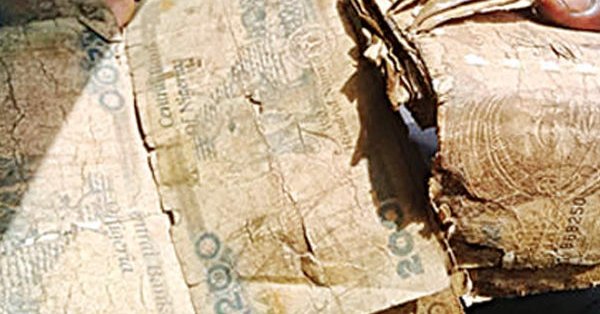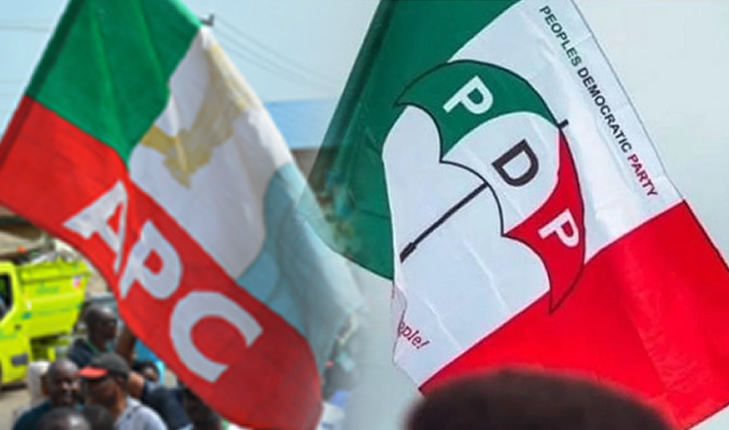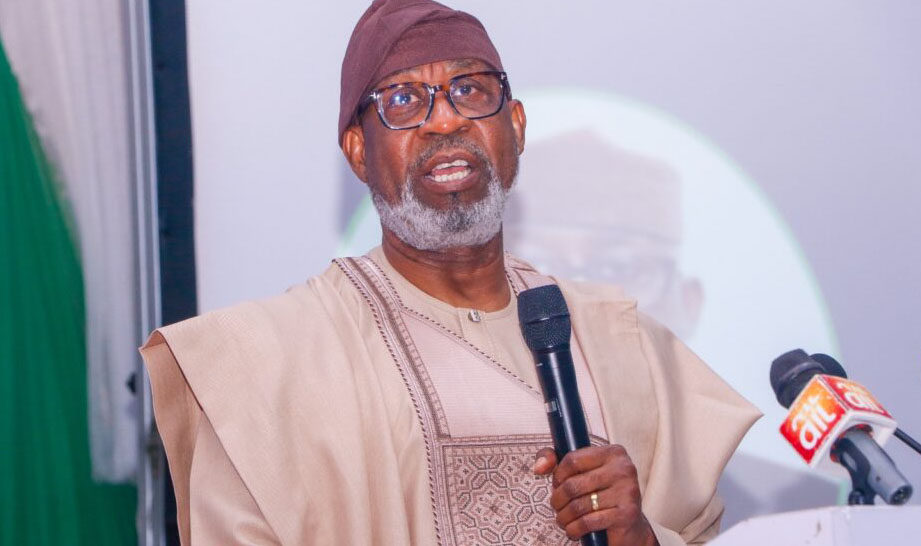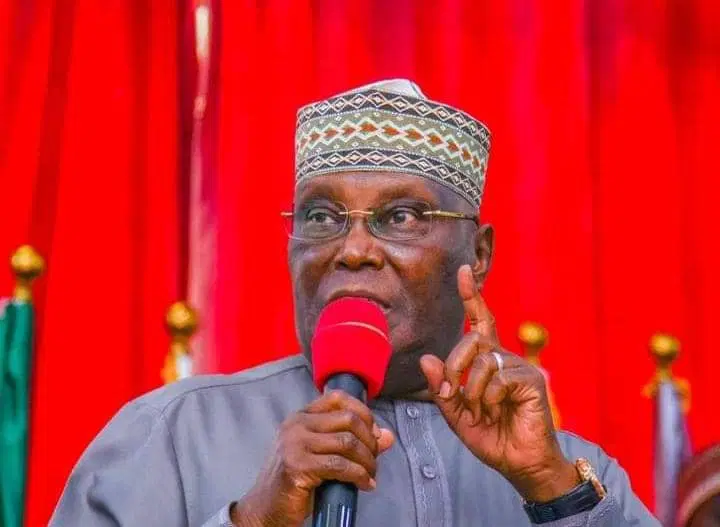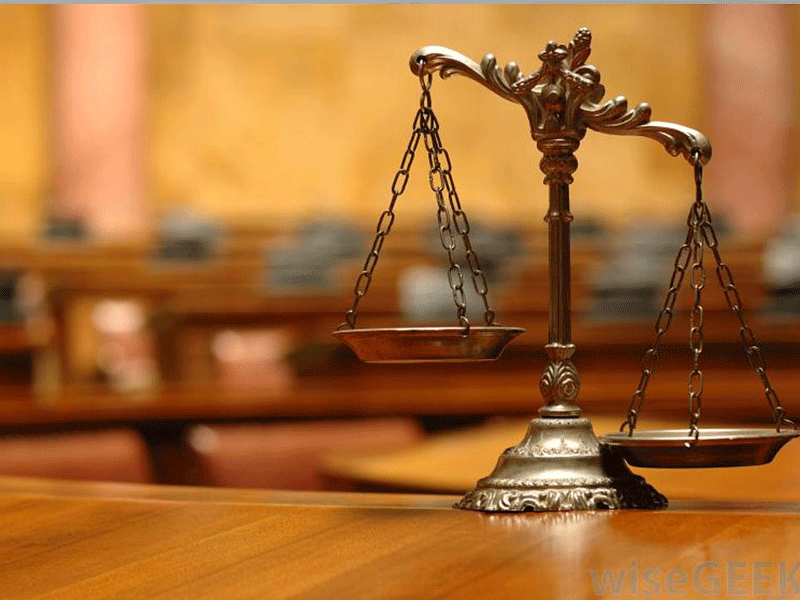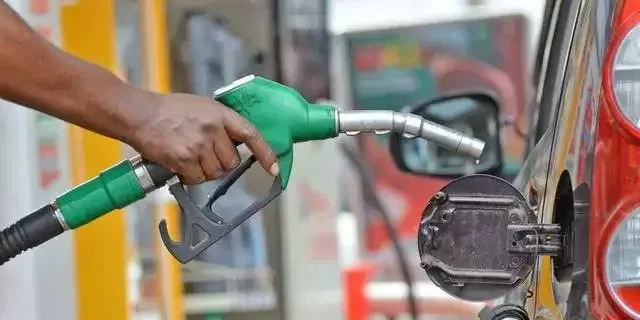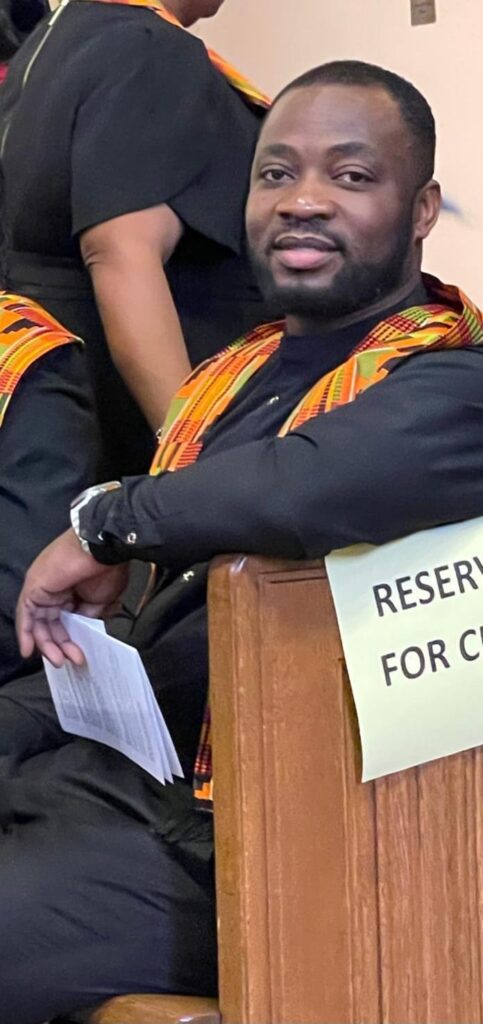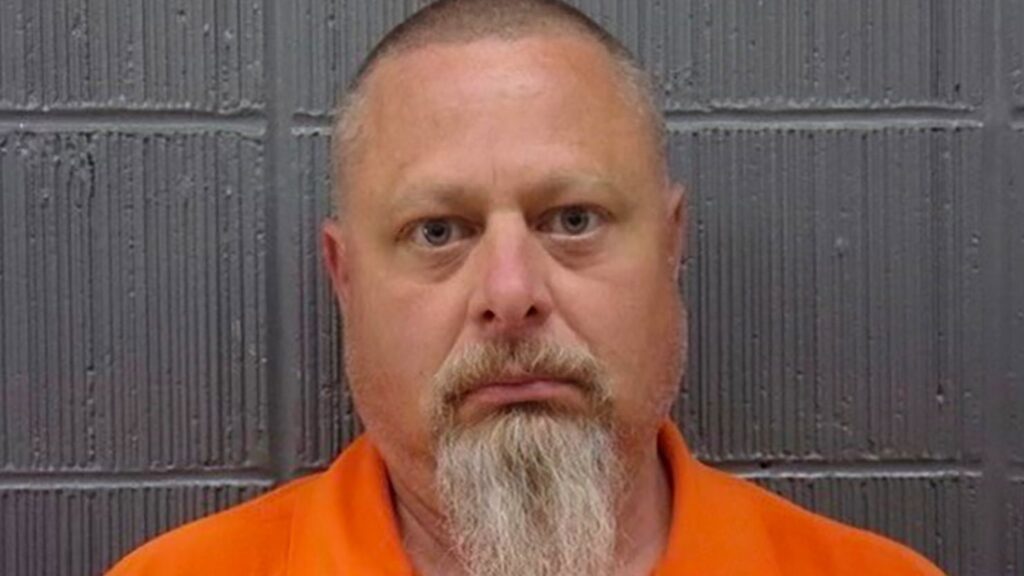To that aim, the CBN has cautioned banks that if they continue to include composed currency notes in their deposits, they will face a penalty of 400% of the banknote’s value.
Composed banknotes are mutilated currency notes made out of pieces from other banknotes of the same value.
The components of such currency notes are often assembled with the goal of receiving value.
The CBN gave the warning in a circular titled, ‘Treatment of Composed Banknotes’, issued to all deposit money banks on March 31, and signed by its Director, Currency Operations Department, Ahmed Umar.
Umar said that the existence of such banknotes in the economy falsifies the true value of the currency in circulation and could also be an avenue for fraudulent activities.
He added that the directive took effect from April 1.
The circular read in part, “The management of the CBN observed with concern the increasing number of composed banknotes deposited by DMBs and request for replacement of such banknotes by members of the public.
“The existence of composed banknotes in the economy falsifies the true value of the currency in circulation, and can also be an avenue for fraudulent activities.
“Consequently, any composed banknote discovered in the deposit of DMBs shall attract a penalty of 400 percent of the value.
‘’This circular takes effect from 1st April 2022.’’
In April 2019, the CBN introduced the Clean Note Policy to put an end to the regime of mutilated naira notes.
The CBN characterized mutilated notes as “poor quality notes that require a special examination to establish their value” in a circular detailing the policy.
The note might be ruined in part or whole by fire, water, dye, insects, mice, or natural calamities, according to the apex bank.
The circular instructed banks and cash processing firms to categorize or sort their cash deposits into fit and unfit notes before submitting them to the apex bank.
Failure to do so would result in a penalty of N12,000 per box, or an amount decided by the CBN, according to the circular.
The CBN and DMBs, on the other hand, would continue to accept mutilated notes from the general public.
But with the new directive by the apex bank, it is now unclear if banks will continue to accept mutilated naira notes.

